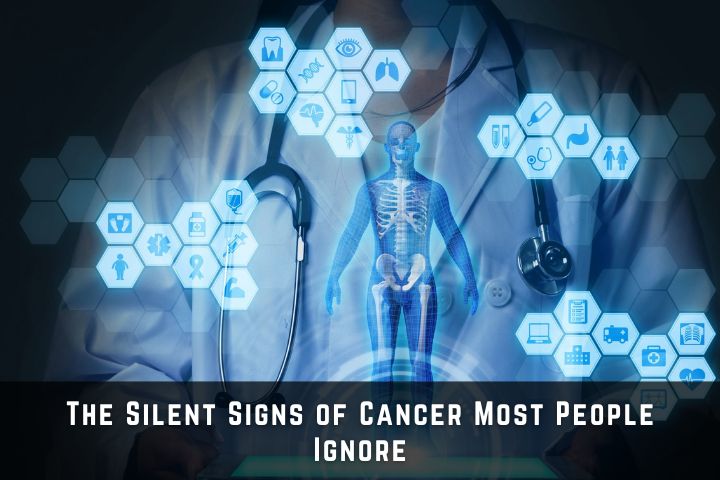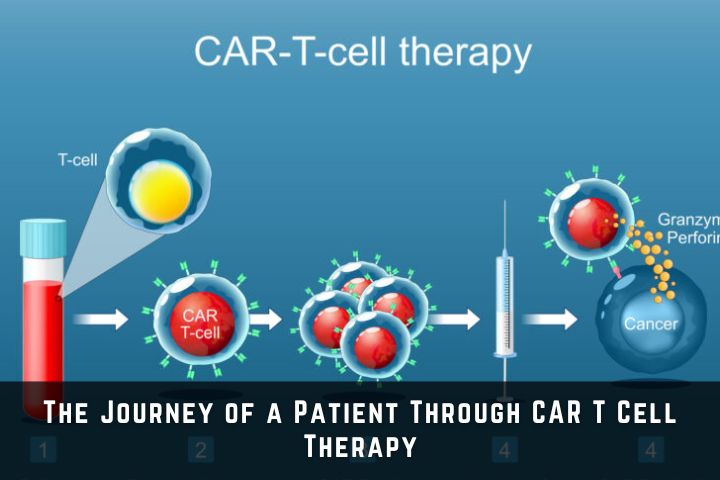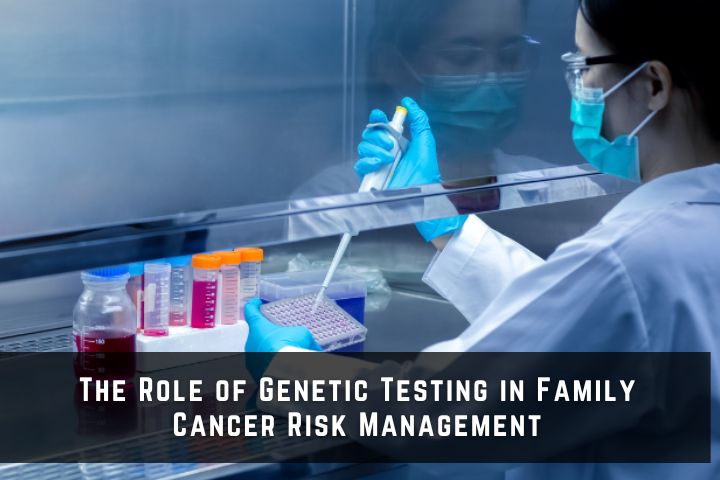
Recovering from breast cancer is a journey that goes beyond medical treatment. Diet and lifestyle choices play a vital role in rebuilding strength, improving immunity, managing side effects, and enhancing overall quality of life. The right nutrition and healthy habits can support physical healing while also promoting emotional well-being during recovery. The Importance of Nutrition […]









